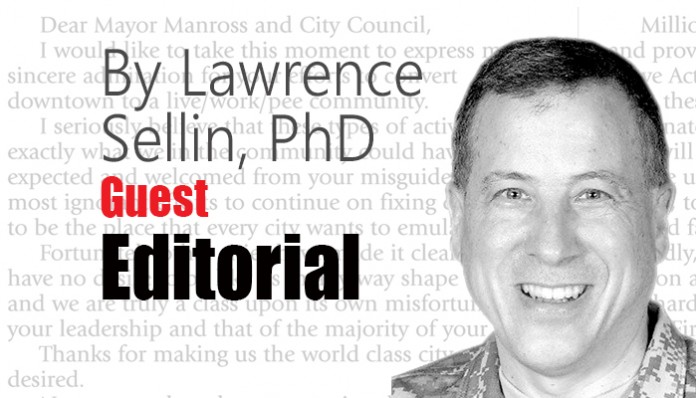In his first Tweet of 2018, President Donald Trump highlighted the chronic Pakistani duplicity in regard to the war in Afghanistan:
“The United States has foolishly given Pakistan more than 33 billion dollars in aid over the last 15 years, and they have given us nothing but lies & deceit, thinking of our leaders as fools. They give safe haven to the terrorists we hunt in Afghanistan, with little help. No more!”
While publicly supporting U.S. efforts to stabilize Afghanistan, Pakistan secretly provides safe haven and de facto sponsors a Taliban educational, training and financial infrastructure to sustain a proxy war against Afghanistan in order to preserve it as a client state.
Case in point from information provided by on-the-ground sources in Pakistan.
Abdul Basit Ahmedzai Mengal operates a religious school (Madrasa Qazi Abad) and mosque in Nushki District, Balochistan province, Pakistan. Originally from the village of Zaro Chah near the border with Afghanistan, he has two wives and his son, Abdul Latif Mengal, is a student at Bolan Medical College in Quetta.
Abdul Basit Ahmedzai Mengal is said to be affiliated with the Jamiat Ulema-e-Islam Nazryati political party and a staunch supporter of the Taliban. The Jamiat Ulema-e-Islam (JUI) party has its origins in the fundamentalist Deobandi ideology and the JUI offshoots have opposed Pakistan’s logistical support of the U.S. and NATO forces in Afghanistan. Abdul Basit Ahmedzai Mengal reportedly lived in Afghanistan when the Taliban were in power.
Whether Abdul Basit Ahmedzai Mengal is aware or not, the sources claim that the Madrasa Qazi Abad is a well-known transit point and resting place for Taliban fighters going to and returning from Afghanistan.
It is also said to be located near a Pakistani Inter-Services Intelligence (ISI) office/safe house with whom Abdul Basit Ahmedzai Mengal is reported to have close relations.
This alleged Taliban transit point and rest stop in Pakistan is about a forty-minute drive on public roads from the Afghanistan border. Despite numerous Pakistani military check-points along this route, local observers have noted no restrictions for personnel traveling to and from Madrasa Qazi Abad.
The Taliban are said to cross the border into the Kandahar province, Afghanistan from an area called Gaz Nali and then move to temporary camps in the region known as Ghori or Goori. The Afghanistan area for the movement of Taliban fighters back into Pakistan’s Nushki district is most often Shorawak.
Such on-the-ground reports of official Pakistani support of or acquiescence to the Taliban presence are difficult to verify because access to border areas is highly restricted. Nevertheless, there are dozens of other such examples demonstrating a permanent infrastructure in Pakistan that sustains the Taliban and acts as staging grounds for attacks in Afghanistan. The strategy Pakistan employs is always to do just enough to prevent the U.S. and NATO from succeeding in Afghanistan, that is, perpetual stalemate.
That should not be surprising because Pakistan sees China as its most important ally, not the U.S. And Chinese regional ambitions cannot be achieved if the U.S. maintains influence or a presence in Afghanistan.
The ISI chief, Lieutenant General Naveed Mukhtar, for example, wrote in his U.S Army War College thesis entitled “Afghanistan — Alternative futures and their implications,” that there are four possible scenarios for the future of Afghanistan, all of which involve U.S. and NATO withdrawal. He states that Afghanistan’s true stakeholders are its six immediate neighbors China, Iran, Pakistan, Uzbekistan, Tajikistan, and Turkmenistan. The future U.S. role in Afghanistan, according to Mukhtar, is relegated to diplomacy, where “America would have to make aggressive diplomatic efforts to dissuade provocative action or intervention by regional players,” meaning, mainly, preventing Indian influence in Afghanistan.
President Trump is correct to question our investment in Pakistan’s intentions, as well as an Afghanistan strategy dependent upon them.
Lawrence Sellin, Ph.D. is a retired colonel with 29 years of service in the US Army Reserve and a veteran of Afghanistan and Iraq. Colonel Sellin is the author of “Restoring the Republic: Arguments for a Second American Revolution ”
He receives email at [email protected].





